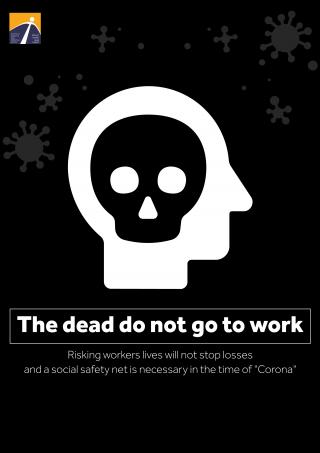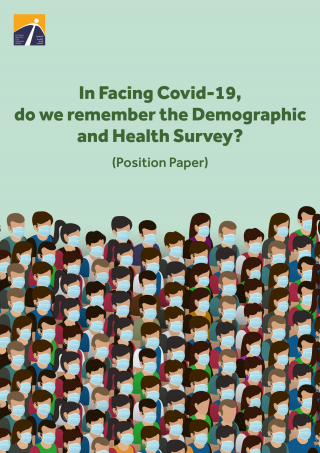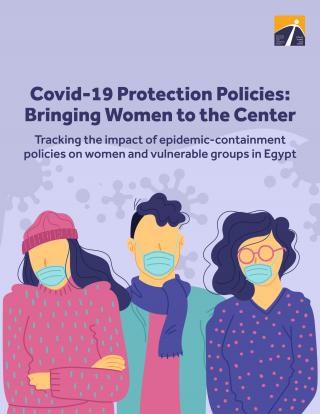Everyone has the right to life-saving interventions during or outside of crises.[ii] And yet, women and girls’ rights to bodily autonomy and safe abortion have been some of the first rights to be conveniently sacrificed under the guise of prioritizing COVID, as if health was a zero-sum game. That includes free, safe and legal abortion and comprehensive abortion and post-abortion care, without which women, girls and gender-non-conforming persons are forced to seek unsafe clandestine abortions or to carry unwanted pregnancies to term, in complete violation of our rights.
Tags: COVID-19
The following points attempt to draw a picture of the labor market in Egypt, and point out its key shortcomings and imbalances, which are exacerbated with the crisis of Covid-19. The crisis, at the same time, opens a door for discussion and redress for some of these imbalances. The Egyptian law allows any employer to fire his employees, without any compensation or pension. When a worker gets sick, and he is the provider for his family, he often does not have health insurance that guarantees his treatment.
The research provides recommendations by the Right to Health Program of the Egyptian Initiative for Personal Rights. These recommendations are for relevant authorities, the most important of which is to transparently make accurate information available, disaggregated especially by geographical division of infection rates and available numbers of clinical tests.
EIPR calls on the Egyptian authorities not to exempt detention facilities and prisons from measures taken to reduce crowding and limit the spread of the virus, including police vehicles used to transfer people arrested for violating curfew and closure measures. When enforcing these legal measures, the authorities should always consider their primary objective—protecting lives and minimizing gatherings and density.
We want to take this chance to reaffirm that there are many more people in remand and pre-trial detention that the Prosecution should release for their own protection as well as the protection of the whole society, consistent with the other measures taken in response to the Covid19 crisis.
In times of major social crisis, a gendered and feminist perspective exposes the priorities and biases of public policy. It is also an important lens for evaluating the capacity of policies -or lack thereof- to meet the needs of women and vulnerable social groups as a whole, while highlighting their disproportionate impact on these groups, which constitute the majority of the population. For these reasons, today we launch a gender tracker to monitor the impact of the COVID-19 epidemic on women and other vulnerable social groups in Egypt. We hope that a gendered perspective will allow opportunities to remedy measures that do not consider gendered impacts or avoid public policies that could harm certain groups
The EIPR is monitoring actions by the government and Central Bank of Egypt (CBE) to mitigate the economic and social impact of preventive measures to combat the spread of COVID-19. We are assessing such action in light of the protection of citizens’ lives, health, and income and the imperative not to endanger workers’ health and lives for the sake of running the economy at full capacity.






